What is the difference between a food chain and a food web?
A food chain shows just one prey and one predator for each organism.
A food web shows multiple relationships between many different organisms and all of the overlap that occurs, creating a web.
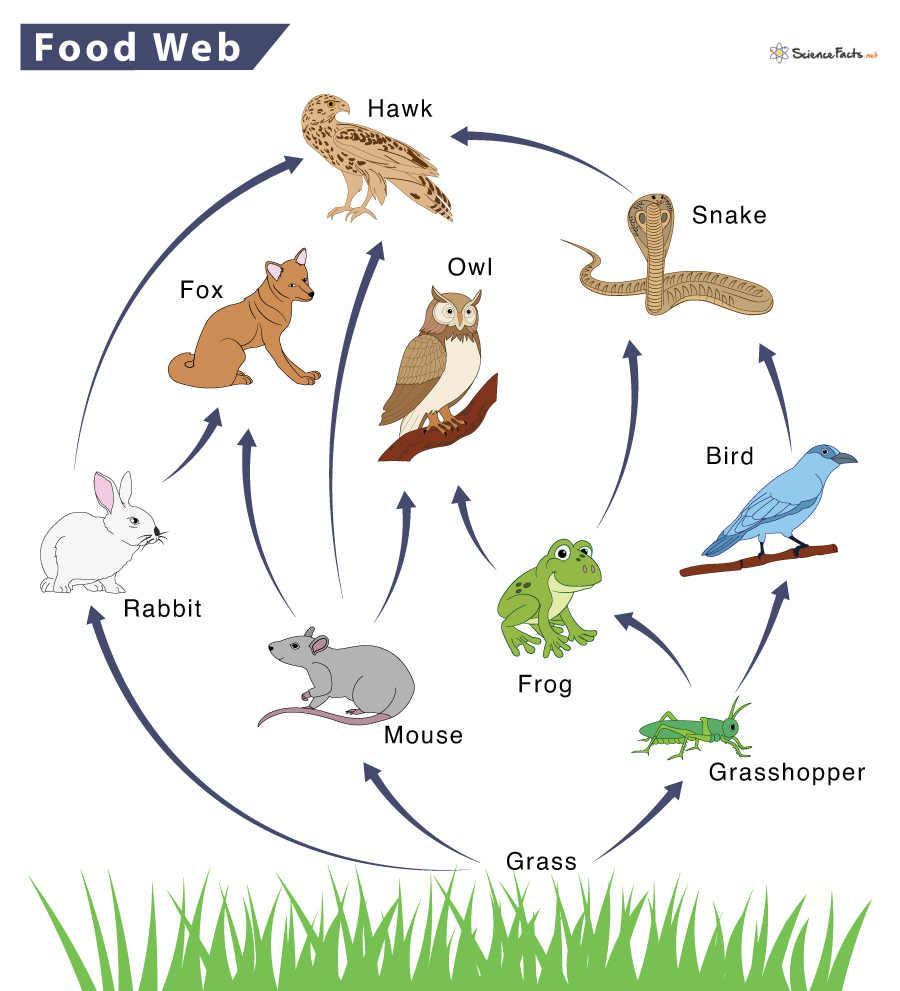
Name a producer in this food web
Grass
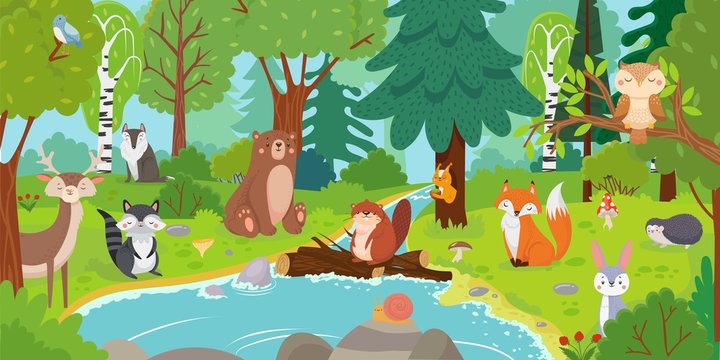
Name 3 things in this ecosystem that are biotic
Answers may vary (anything alive)
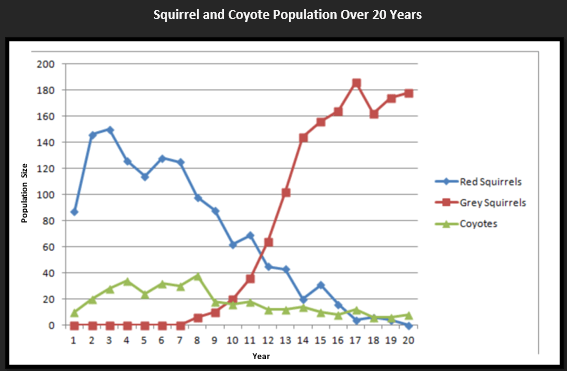
What does the X-Axis show?
The year
What state is Ms. Stearns originally from?
Massachusetts
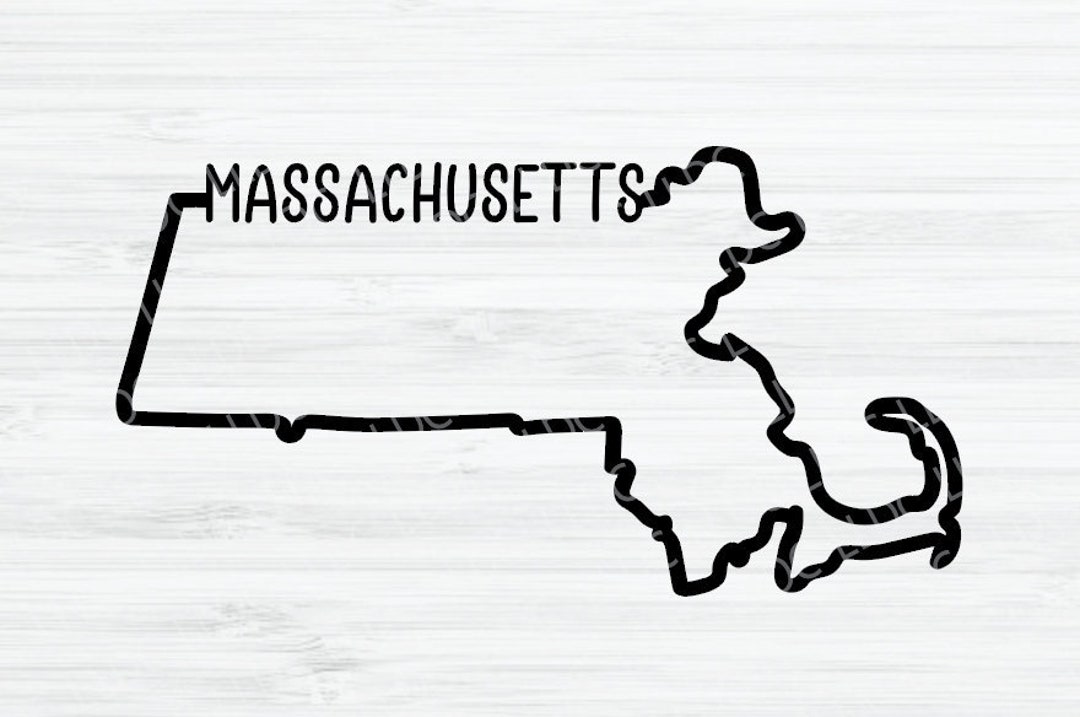

Name all primary consumers in this food web
Grasshoppers, Mouse, Rabbit
What are the three types of decomposers?
Fungus, bacteria, insects

Name 2 things in this ecosystem that are abiotic
Water, air, soil/sand, rocks
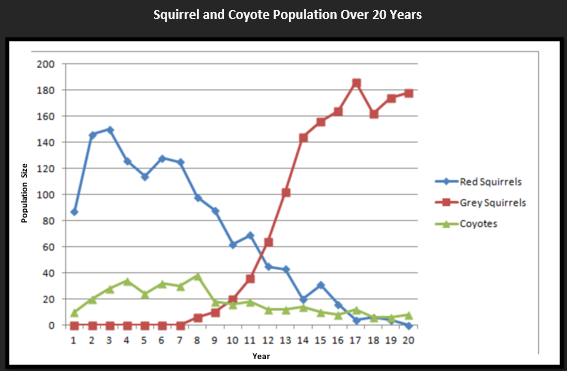
What does the Y-Axis show?
The population size
What grade did Ms. Stearns teach last year? (Hint: It was still Middle School, but not at Rose Hill)
7th
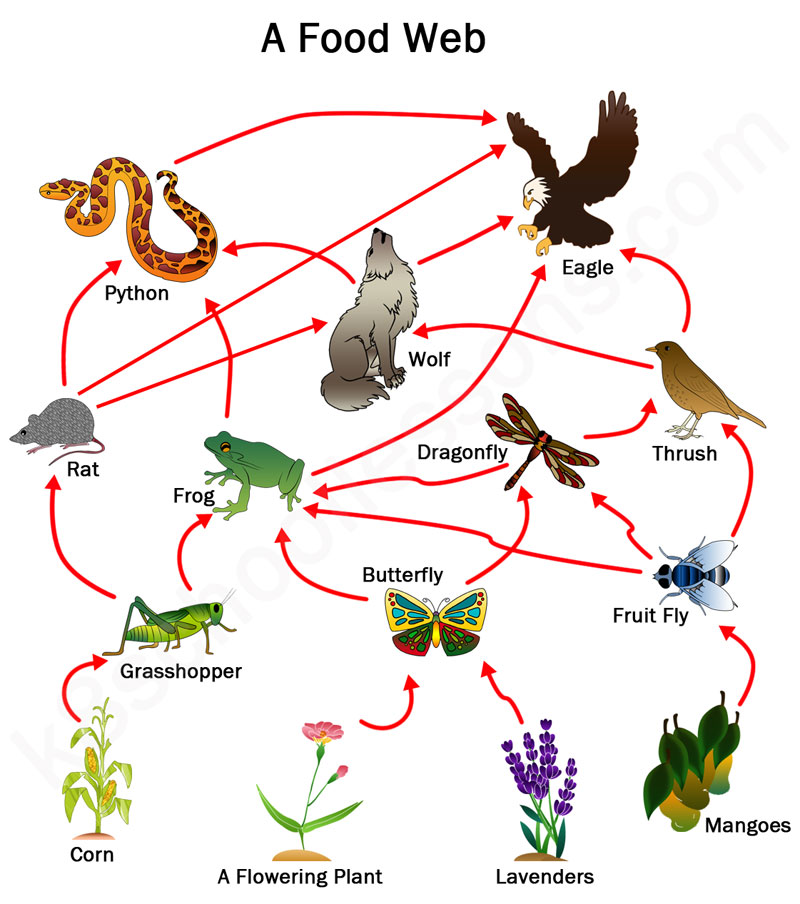
Name all of the secondary consumers
Rat, Frog, Dragonfly, thrush
What is the difference between a producer and a consumer?
A producer can make its own energy using sunlight. A consumer must eat another organism for energy.
A relationship that benefits both organisms is called...
Mutually beneficial relationship
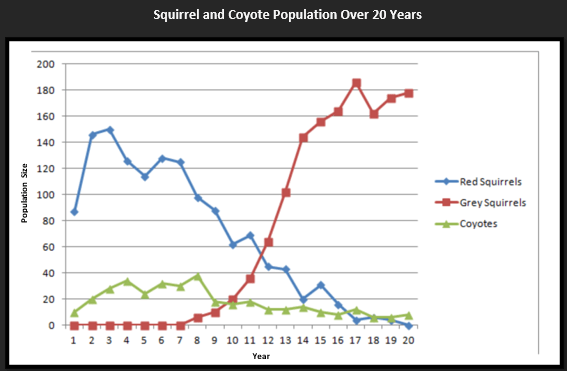
About how many Red Squirrels were there in Year 10?
60
What month is Ms. Stearns birthday?
January
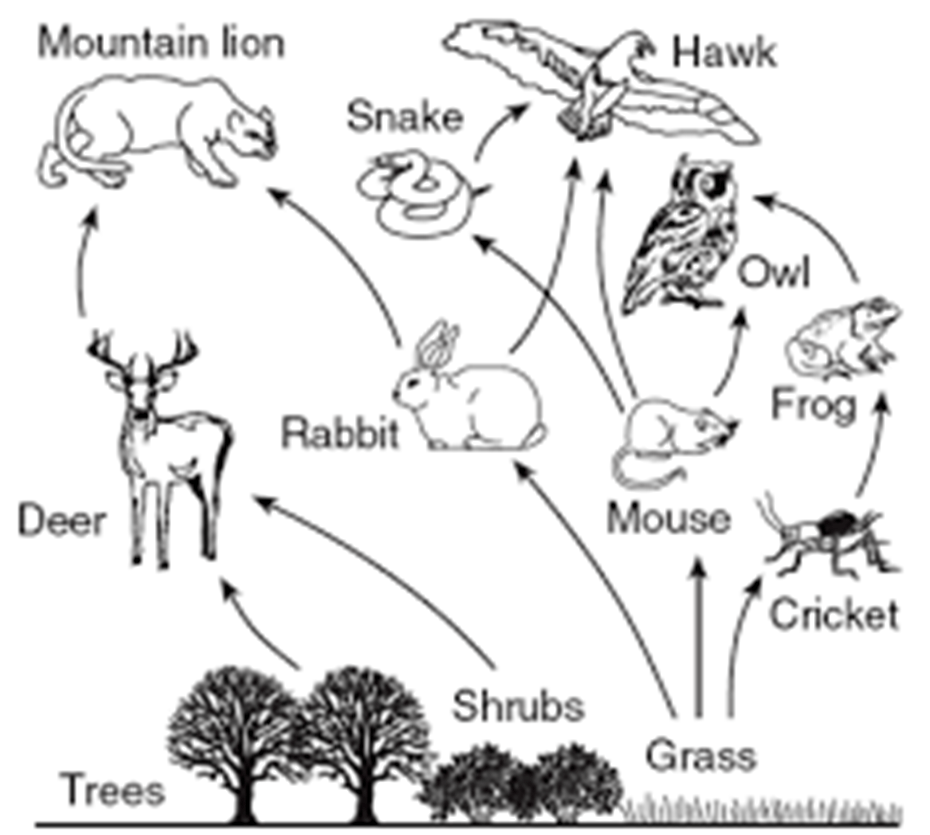
In this ecosystem, Mountain Lions were hunted to extinction (all Mountain Lions are now gone). Describe the impact this would have on at least two other organisms in the food web.
Deer and Rabbit populations would increase.
Hawk population would increase.
Tree, Shrub and Grass populations would decrease.
What does a decomposer do? How does it benefit an ecosystem?
Be sure to answer both questions!
A decomposer breaks down dead and decaying matter. It recycles the matter back into the soil as nutrients.
An organism that eats both plants and animals is called an...
Omnivore
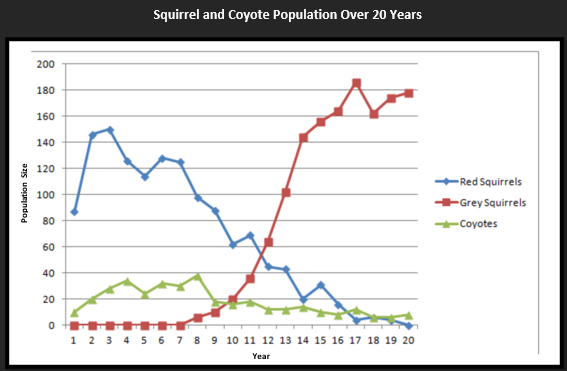
Based on the graph, do you think Grey Squirrels or native or invasive? You need at least 2 pieces of evidence
Invasive.
Grey Squirrels were not present in the ecosystem before year 7.
The Grey Squirrel population increased rapidly which shows that they probably do not have a natural predator in this ecosystem.
Does Ms. Stearns prefer dogs or cats?
Dogs! (But cats are a close second!)
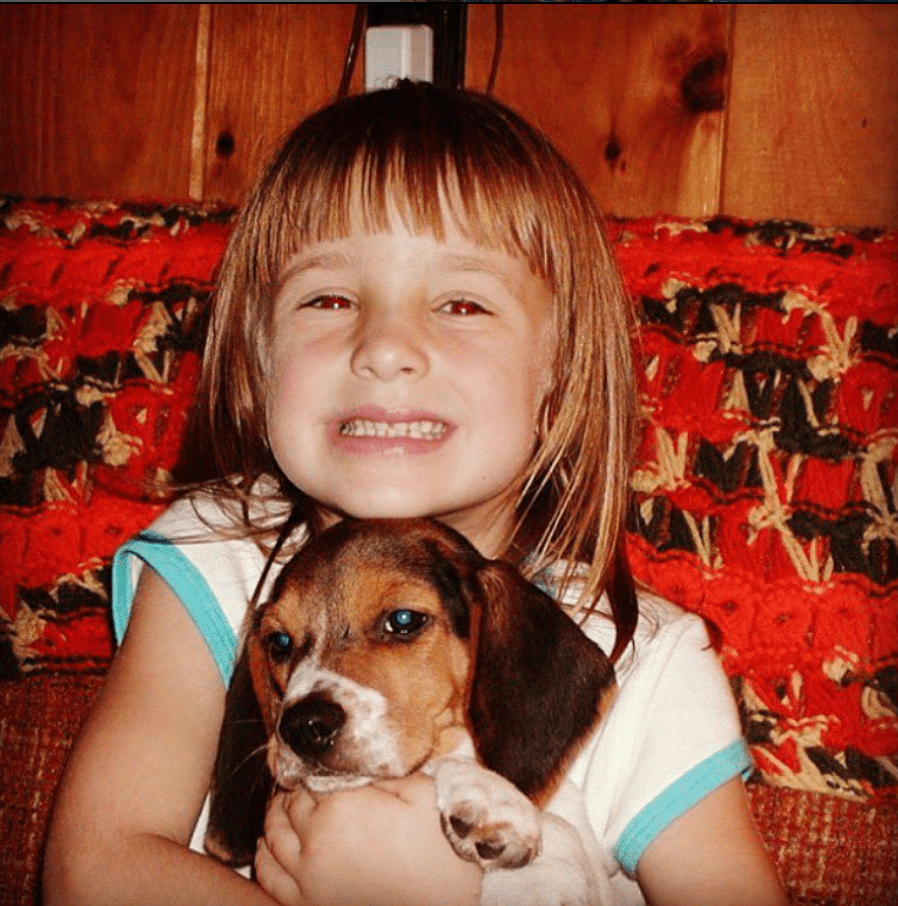
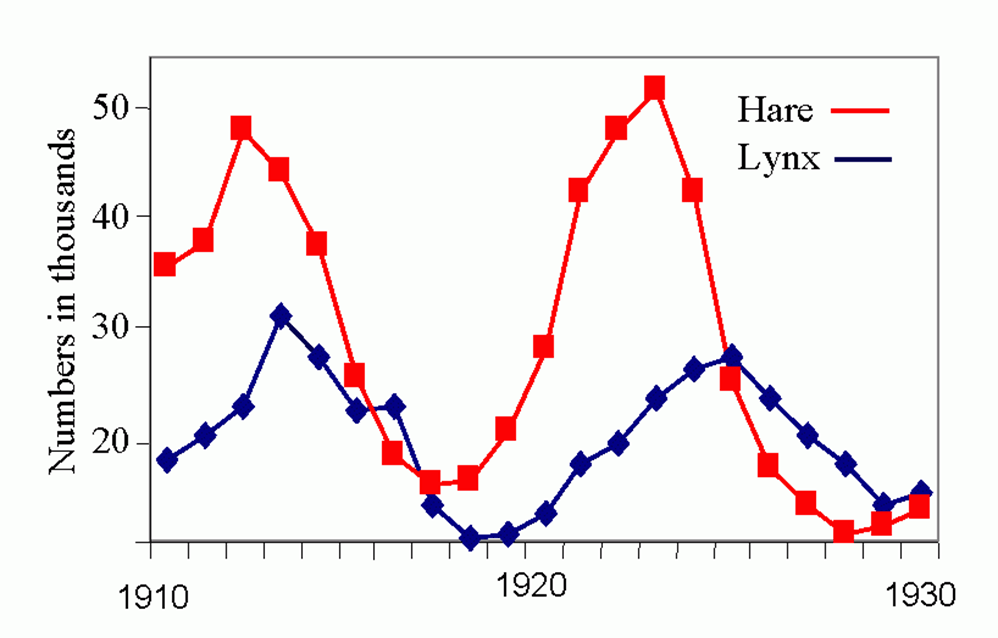
Based on this graph why do you think the hare population decreased 1924?
The lynx is eating the hare. The lynx population got so large that there was a big decline in the hare population.
What are the 3 products of decomposition?
Nutrients, carbon dioxide, water
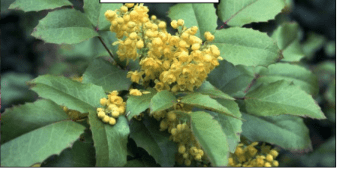
Name this plant (This will not be on the test!)
Oregon Grape
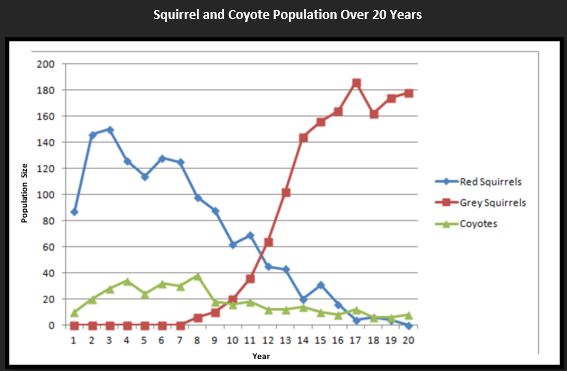
Using the graph, explain the relationship between Red Squirrels, Grey Squirrels and Coyotes. Be sure to explain HOW all 3 populations changed over time and WHY you think the populations changed.
Grey Squirrels (likely an invasive species) were introduced around year 7. Invasive species don't have natural predators and can typically have rapid population growth.
Grey Squirrels most likely caused competition with Red squirrels for resources causing a decline in the Red Squirrel population.
Coyote population also decreased after the introduction of Grey Squirrels. Coyotes probably eat Red Squirrels and the decrease in their population meant less food for the coyotes causing their population to decrease.
What subject did Ms. Stearns study in college?
Environmental Science